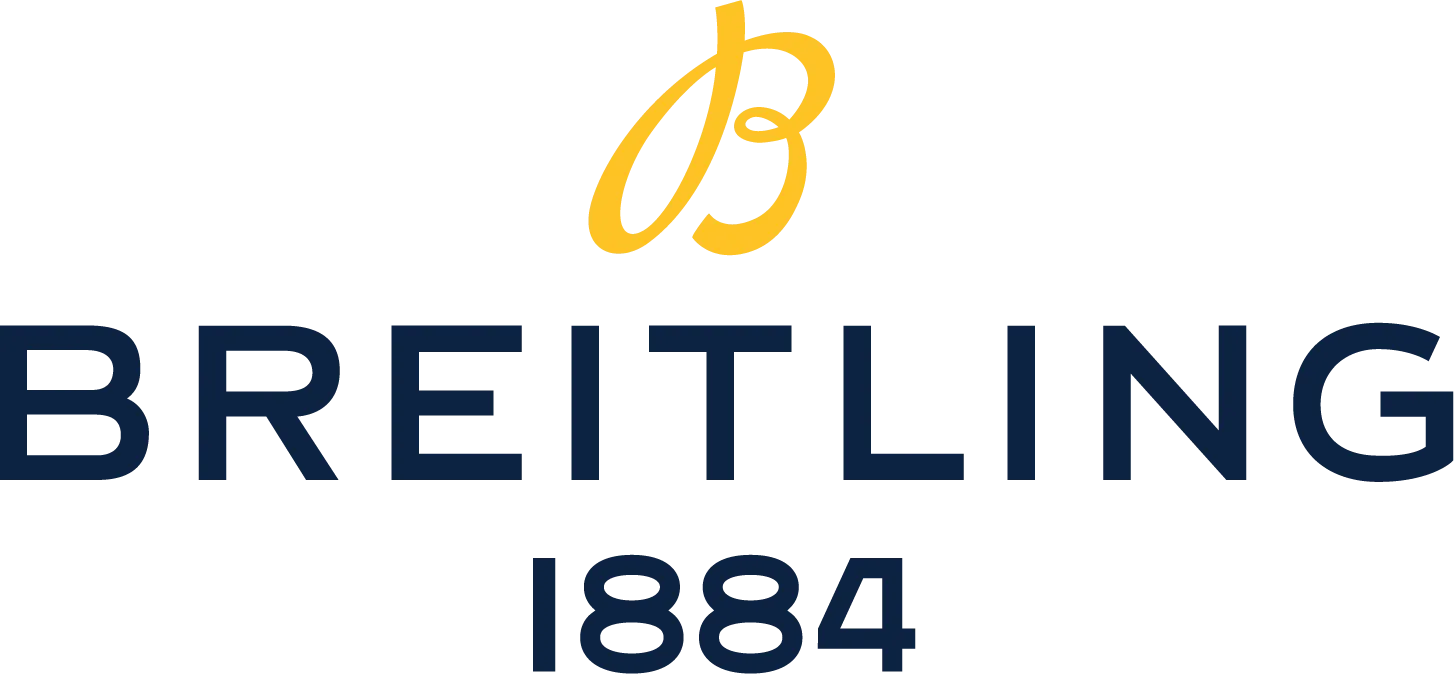Lessons learned in high-stakes compliance roles
What does it take to build trust in a compliance program, especially when pressure is high and risks are real? In this episode of SpeakUp Talks, Tim Morss sits down with Andrew McBride, founder of Integrity Bridge and former Chief Compliance Officer at Albemarle, to explore how to build credibility as a compliance leader, what truly drives trust in speak-up culture, and why AI is shifting the way teams handle misconduct reports, from intake to investigation.
Episode summary
What differentiates compliance programs that employees actually use? Andrew McBride argues it’s less the tool and more the trust. He describes starting an FCPA journey by listening across business units, then sequencing changes so they fit the company’s strategy—an approach that prevented cosmetic fixes and built momentum for durable governance, policy, and platform upgrades.
The conversation breaks down three culture levers. First, normalize speak up beyond misconduct to everyday safety and decision-making so quieter voices are heard. Second, demystify investigations—publish the path, typical timelines, and the kinds of outcomes reporters can expect, then actually close the loop. Third, lead with humility; a leader’s public “mea culpa” can do more for culture than a dozen posters.
They also address the fear of futility head-on: acknowledge reports quickly, send periodic updates, share end-notes that respect everyone’s rights, and surface remediation themes to the wider workforce. Done consistently, these practices turn anonymous whispers into institutional learning.
On measurement, Andrew advises moving past counts toward narratives: how employees engage (questions, surveys, policy reads), and how processes perform (cycle times, milestone delays). These metrics resonate with boards and regulators and help secure resources—like data analysts—that modern programs now consider indispensable.
Finally, the episode explores AI’s rapidly expanding role. With comfort levels rising, AI-driven intake improves narrative quality, captures structured metadata, and shortens time to triage—especially in multilingual contexts. The next wave is agentic: systems that find the story in your data and trigger actions (like targeted training) without manual orchestration, connecting dots from signal to remediation.
Trusted by 600+ enterprises operating worldwide

.svg)











.svg)

%201.svg)

.svg)











.svg)

%201.svg)

